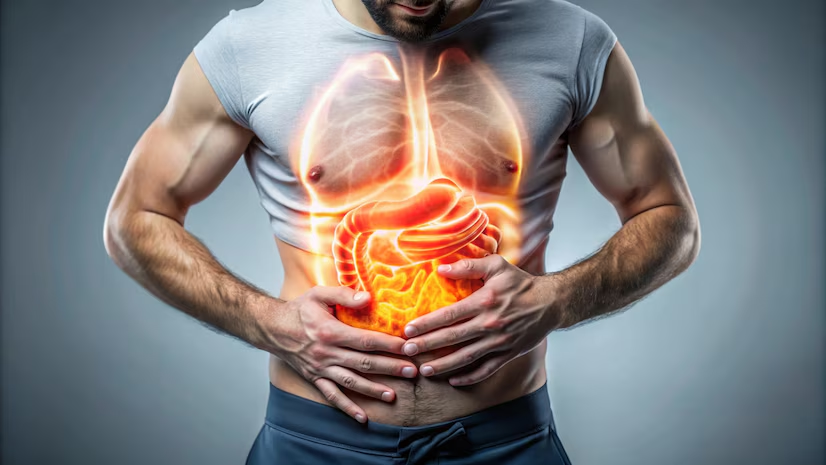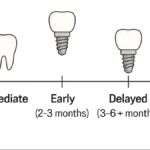Chronic alcohol consumption can wreak havoc on many parts of the body, but one area that often bears the brunt is the stomach. Alcoholic gastritis is a condition that arises from the irritation and inflammation of the stomach lining caused by excessive drinking. This article delves into the symptoms of alcoholic gastritis, how chronic alcohol use impacts your stomach, and the importance of seeking help for this condition.

Understanding Alcoholic Gastritis
Alcoholic gastritis is characterized by inflammation of the stomach lining, often resulting from the direct toxic effects of alcohol. When alcohol is consumed, it increases the production of stomach acid and impairs the stomach’s natural defense mechanisms. Over time, this leads to a breakdown of the mucosal lining, making it susceptible to irritation and inflammation. This condition is particularly concerning for individuals who engage in heavy drinking over extended periods, as the damage can accumulate and lead to more severe complications.
Common Symptoms of Alcoholic Gastritis
The symptoms of alcoholic gastritis can vary in intensity and may include:
- Abdominal Pain and Discomfort: One of the most common symptoms is a dull or burning pain in the upper abdomen. This discomfort often worsens after consuming alcohol or eating a meal.
- Nausea and Vomiting: Chronic alcohol use can disrupt normal digestion, leading to frequent bouts of nausea and vomiting. In some cases, the vomit may contain blood or resemble coffee grounds, which can indicate more severe bleeding.
- Indigestion and Bloating: Individuals with alcoholic gastritis may experience persistent indigestion and bloating. This is due to the stomach’s impaired ability to process food and drink properly.
- Loss of Appetite: The discomfort and pain associated with alcoholic gastritis can lead to a decreased appetite. This loss of appetite can further exacerbate nutritional deficiencies and overall health.
- Dark or Tarry Stools: Blood in the digestive tract can lead to dark, tarry stools. This is a sign that bleeding has occurred higher up in the gastrointestinal tract and requires immediate medical attention.
- Feeling Full Quickly: Even small amounts of food or drink can make individuals with alcoholic gastritis feel uncomfortably full. This sensation is often accompanied by a sense of nausea and bloating.
How Chronic Alcohol Use Impacts Your Stomach
Chronic alcohol consumption has several detrimental effects on the stomach and gastrointestinal system as a whole. Here’s a closer look at how alcohol disrupts normal stomach function:
- Increased Acid Production: Alcohol stimulates the production of gastric acid, which can erode the stomach lining and lead to inflammation. The excess acid can overwhelm the stomach’s protective mechanisms, making it more vulnerable to damage.
- Disruption of Gastric Motility: Alcohol affects the movement of the stomach and intestines, slowing down digestion and contributing to symptoms like bloating and nausea. This disrupted motility can also lead to chronic digestive issues.
- Impaired Mucosal Defense: The stomach lining is protected by a layer of mucus that shields it from acid and digestive enzymes. Alcohol impairs the production and integrity of this mucosal layer, increasing the risk of inflammation and ulcers.
- Altered Gut Microbiota: Chronic alcohol use can disrupt the balance of bacteria in the gut, leading to an imbalance that can contribute to gastrointestinal inflammation and discomfort.
- Nutrient Deficiencies: Heavy drinking can interfere with the absorption of essential nutrients, such as vitamins and minerals. This malabsorption can exacerbate symptoms of alcoholic gastritis and contribute to overall poor health.
Seeking Help and Treatment
If you suspect you have alcoholic gastritis or are experiencing symptoms related to chronic alcohol use, it is crucial to seek medical attention. A healthcare professional can provide a comprehensive evaluation, including diagnostic tests such as endoscopy, to assess the extent of damage and develop an appropriate treatment plan.
Treatment for alcoholic gastritis often involves:
- Abstinence from Alcohol: The most effective way to manage and potentially reverse alcoholic gastritis is to stop drinking alcohol. Abstinence allows the stomach lining to heal and reduces the risk of further damage.
- Medications: Depending on the severity of the condition, a doctor may prescribe medications to reduce stomach acid, protect the stomach lining, and alleviate symptoms.
- Dietary Adjustments: Eating a balanced diet that avoids irritants like spicy foods, caffeine, and acidic beverages can help manage symptoms and promote healing.
- Support and Counseling: For those struggling with alcohol dependence, seeking support from counseling or support groups can be beneficial in achieving and maintaining sobriety.
Conclusion
Alcoholic gastritis is a serious condition that can have significant implications for your stomach and overall health. Chronic alcohol use disrupts the normal function of the stomach, leading to symptoms like abdominal pain, nausea, and indigestion. Understanding the impact of alcohol on your stomach and recognizing the symptoms can help you seek timely medical attention and take steps toward Indiana Recovery. Prioritizing your health and well-being by addressing alcohol consumption and pursuing appropriate treatment is crucial for managing and overcoming alcoholic gastritis.







